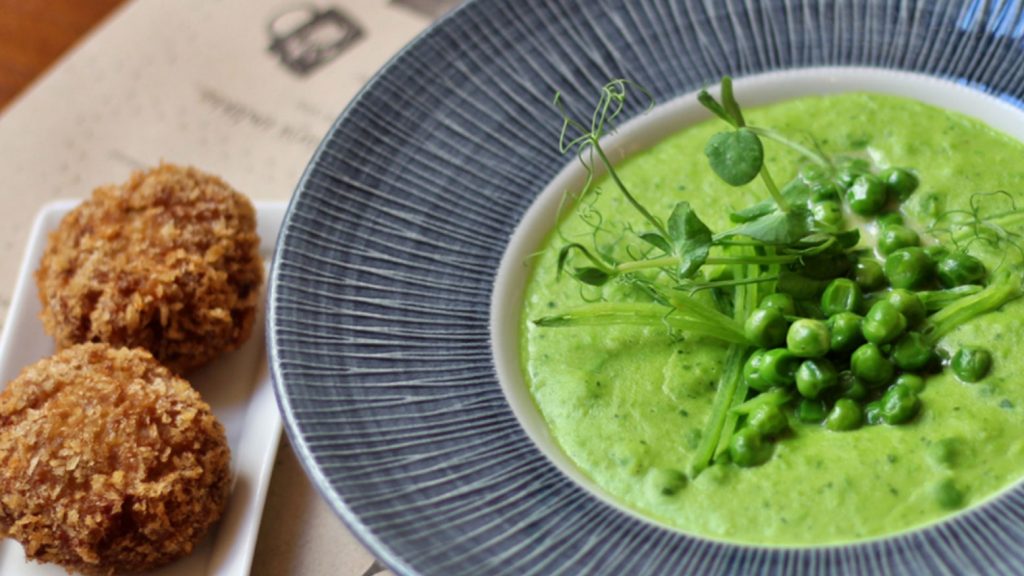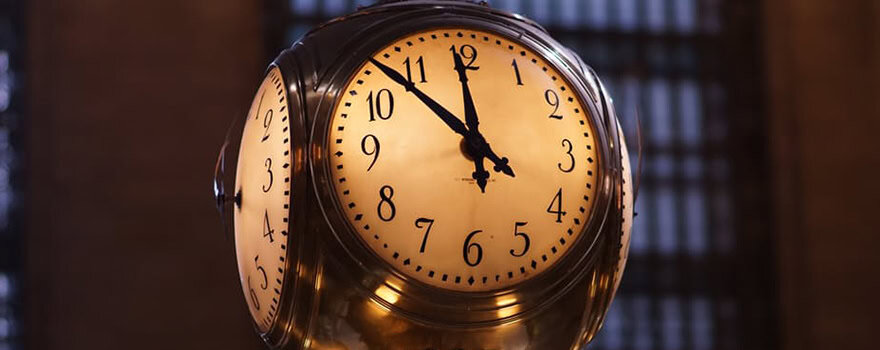Want to know how Hungarian New Year’s Eve differs from your country’s? Check out the interesting traditions below to join in the fun.
Another year has gone by the boards and it’s time to say goodbye and make a clean start. The traditions surrounding New Year’s Eve and New Year’s Day in Hungary are all about bringing luck, fortune, health, wealth and happiness for the coming year. New Year’s Eve is called Szilveszter in Hungarian, as December 31st is Sylvester’s name day and Hungarians celebrate name days.
Customs & Traditions
Some of the customs and traditions on New Year’s Eve, like fortune telling, have always been performed with great passion. Girls wanted to know who will be their future husband and farmers wanted to know whether crops will be plentiful in the New Year.
Girls put pieces of paper with boy’s names written on them inside dumplings. The first dumpling to rise to the top of the water during cooking contained the name of their future husband. Farmers made ‘onion-calendars’ by cutting an onion in half and peeling off 12 layers. The layers were arranged in order, each representing a month of the year. Salt was then sprinkled on each piece of onion and if the salt melted it meant a rainy month.
Lucky Meals
Don’t leave everything to fate, increase your odds of having a great new year with a lucky meal. A menu of lucky meals in Hungary consists of roasted pork, cold pork aspic (jelly), cabbage rolls (filled with ground pork) and lentil soup.
Pigs symbolize progress as they root themselves in the ground before pushing forward. Traditionally in Hungary eating pork on New Year’s Day brings you luck. Lentils or beans symbolize wealth and luck, so lentil soup is another must-have dish on New Year’s Day. After a night of partying on New Year’s Eve, korhely leves, a soup with cabbage, sausage and sour cream, is also good for hangovers.
Related article: Hungarian drink specialties for year-end toasts
 In addition to the lucky dishes listed above, Hungarians avoid eating chicken and fish on New Year’s Day, as chickens can ‘scratch’ away your luck and fish can swim away with your luck.
In addition to the lucky dishes listed above, Hungarians avoid eating chicken and fish on New Year’s Day, as chickens can ‘scratch’ away your luck and fish can swim away with your luck.
New Year’s Eve celebrations in Budapest and across Hungary include big festivities, fireworks and partying. New Year’s Day is celebrated by eating traditional foods, visiting family and friends and wishing everyone a Happy New Year or ‘Boldog Új Évet Kívánok’ (B.Ú.É.K.) in Hungarian. If you are planning to ring in the New Year in the city, check out our list of New Year’s Eve parties in Budapest.
PS: If you’re at all superstitious, it’s going to be hard to not think about these Hungarian traditions and superstitions as we ring in 2022, so be sure to follow as many of them as you can.
Superstitions
One thing is for sure; there is no lack of superstitions in Hungary when it’s time to see the old year out and usher in the new:
On New Year’s Eve it’s customary to make a lot of noise to scare off the demons and the evil spirits. Traditionally a bullwhip with a cracker was used to make a loud noise, but these days horns and other noisemakers are just as effective.
If you want to be lucky throughout the year, avoid arguments, don’t do laundry and don’t sew on New Year’s Day.
Avoid seeing a doctor on New Year’s Day and you will stay healthy all year.
Don’t remove anything from the house on New Year’s Day lest you be penniless all year.
If your first visitor is a man on New Year’s Day, you will be lucky; if it’s a woman you will be unlucky in the coming year.
You’ll be healthy all year if you wash your face in cold water early in the morning on New Year’s Day. Adding a red apple to the water will increase your chances of staying healthy.

According to an old superstition, the first person to get water from the well on New Year’s Day was said to have a bucketful of ‘gilded water’ bringing luck in the New Year. (I wonder if this also works for tap water from kitchen sinks?)




